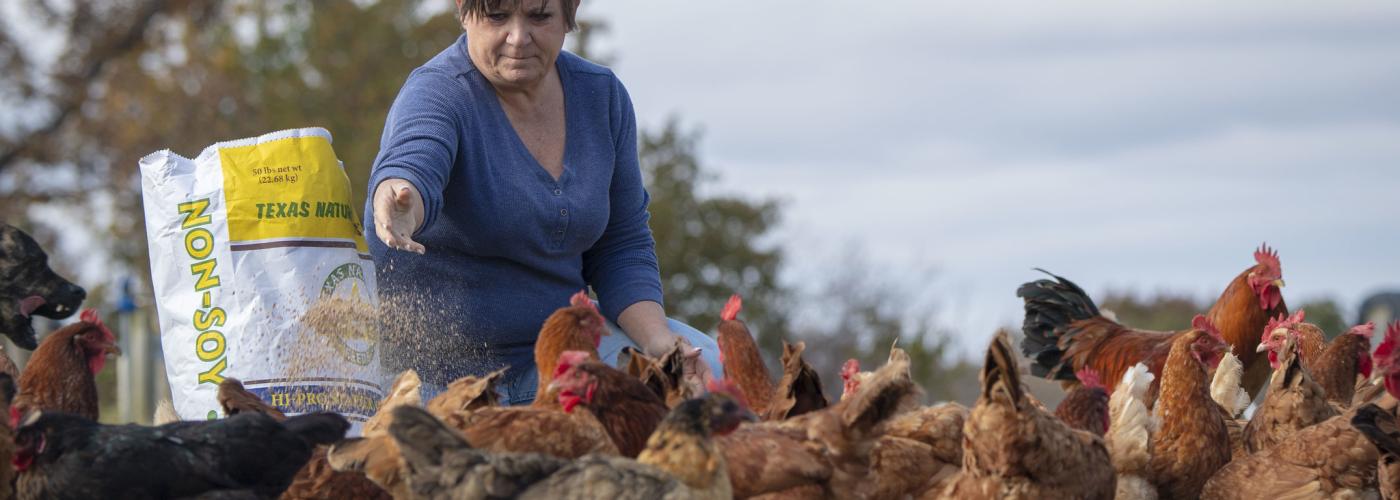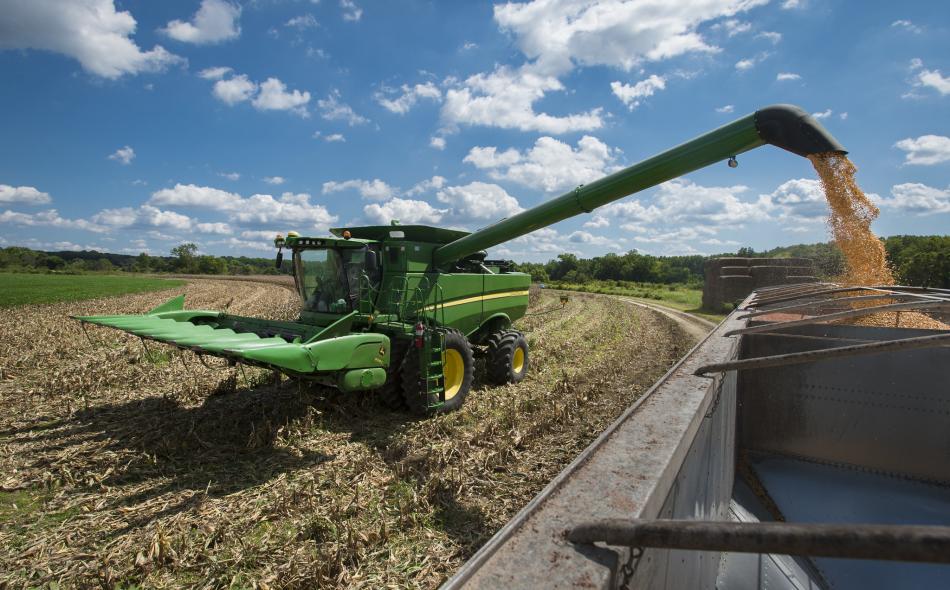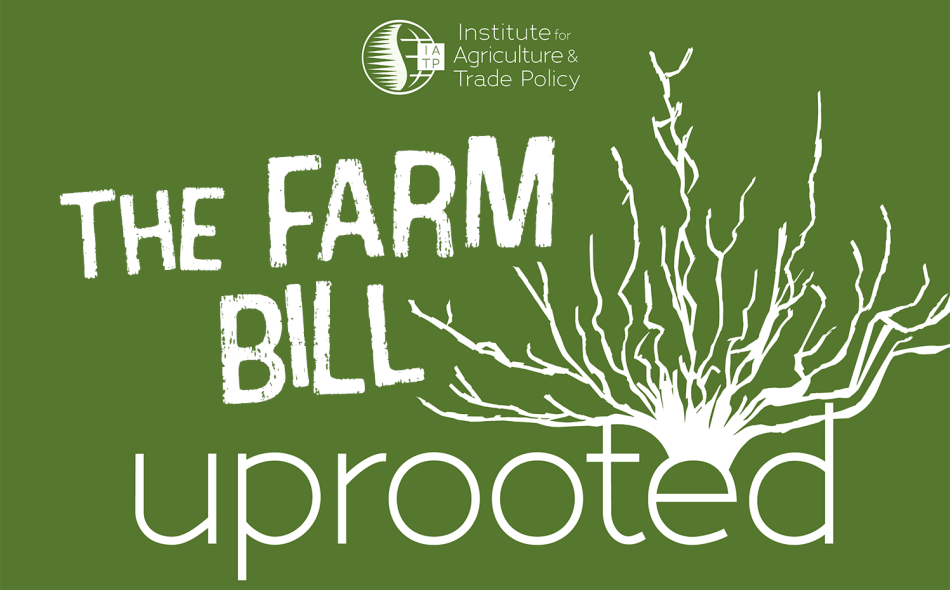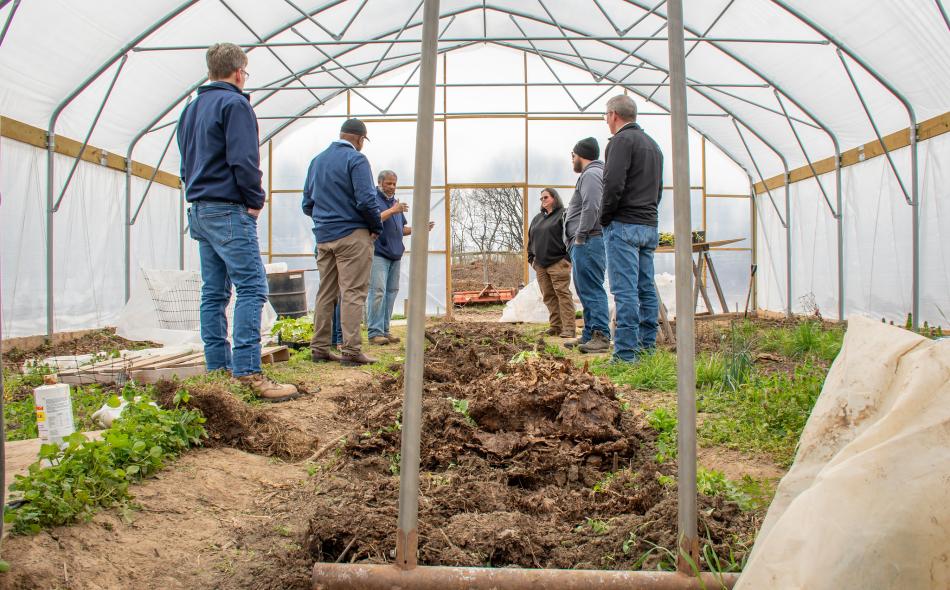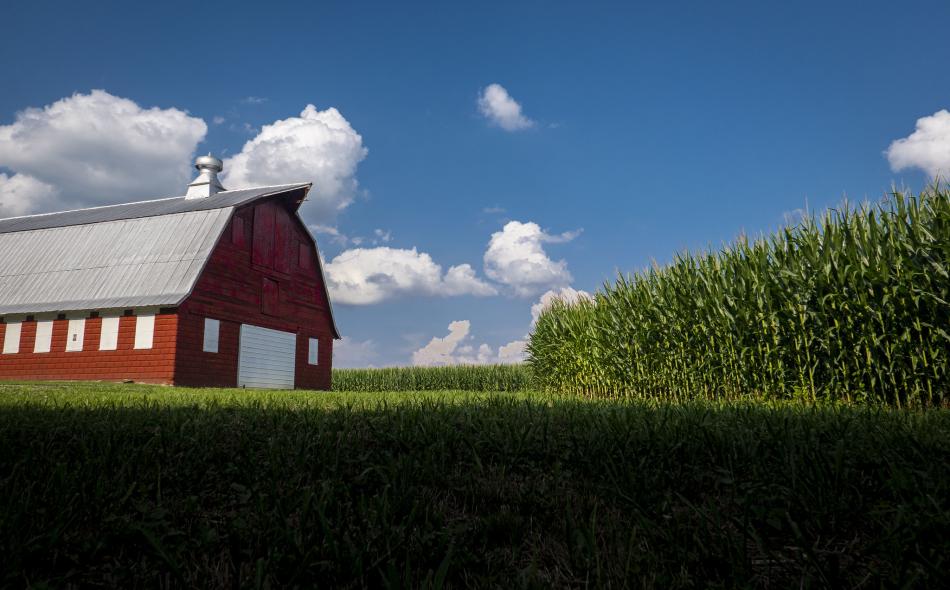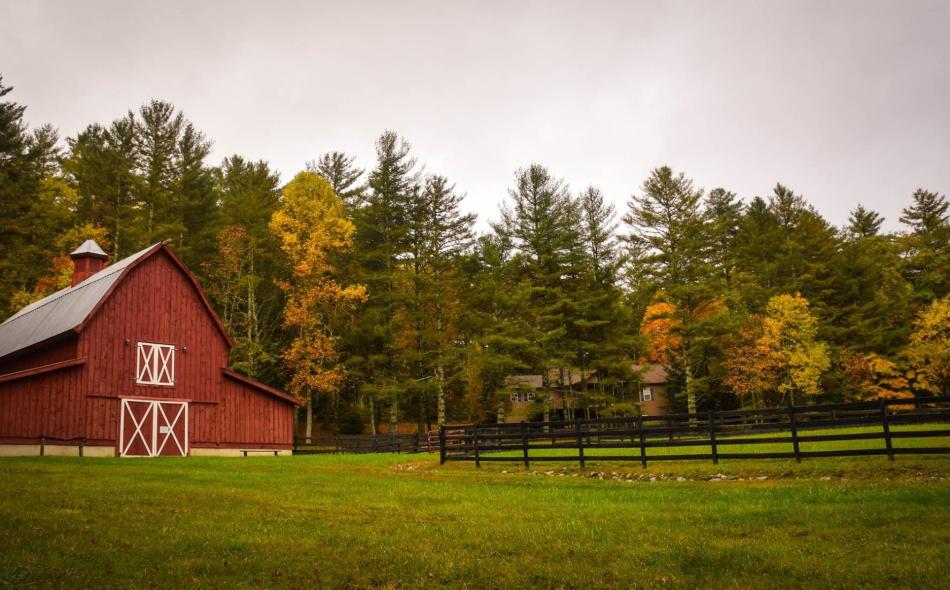The 2023 Farm Bill
Every five years, the United States Congress works on the nation's most important farm and food policy, known as the Farm Bill. The bill sets the direction for the country's food system, from farm to the fork. Its programs influence what farmers grow and how they grow it, what food is available and where, including for those facing hunger. For the 2023 Farm Bill, IATP will focus on:
- Reforms that respond to the climate crisis, including greater support for low-emitting, more resilient agroecological farming;
- Ensuring fairness in agriculture markets, where a handful of global companies have too much power to drive prices down for farmers, lower wages for workers and increase prices for consumers;
- Strengthening community food systems through greater support for farmers and infrastructure providing more sustainable, healthy food for local economies.
IATP endorses the following 2023 Farm Bill platform and marker bills.
- The National Sustainable Agriculture Coalition (NSAC)’s 2023 Farm Bill platform
- The Farm System Reform Act, sponsored by Senator Cory Booker (D-NJ), cosponsored by Senators Bernie Sanders (I-VT) and Elizabeth Warren (D-MA)
- Agriculture Resilience Act, sponsored by Representative Chellie Pingree (D-ME) and Senator Martin Heinrich (D-NM)
- Justice for Black Farmers Act, sponsored by Sens. Cory Booker (D-NJ), Elizabeth Warren (D-MA), Kirsten Gillibrand (D-NY), Tina Smith (D-MN), Reverend Raphael Warnock (D-GA) and Patrick Leahy (D-VT)
- Protecting America's Meatpacking Workers Act, sponsored by Sen. Cory Booker (D-NJ)
- Meat Packing Special Investigator Act, sponsored by Sens. Mike Rounds (R-SD), Jon Tester (D-MT) and Chuck Grassley (R-IA).
- Strengthening Local Processing Act, sponsored by Sen. John Thune (R-SD), Sen. Sherrod Brown (D-OH), Rep. Chellie Pingree (D-ME) and Rep. Jim Baird (R-IN)
- Opportunities for Fairness in Farming Act, sponsored by Sens. Cory Booker (D-NJ) and Mike Lee (R-UT)
- Environmental Quality Incentive Program (EQIP) Improvement Act, sponsored by Sens. Cory Booker (D-NJ) and Mike Lee (R-UT)
- Relief for Farmers Hit with PFAS Act, sponsored by Sens. Susan Collins and Angus King and Reps. Chellie Pingree and Jared Golden
- Local Farms and Food Act (LFFA), sponsored by Reps. Pingree (D-ME-1), Newhouse (R-WA-4), Caraveo (D-CO-8), Tokuda (D-HI-2) and Sens. Brown (D-OH), Smith (D-MN), Welch (D-VT), Fetterman (D-PA)
- American Beef Labeling Act, sponsored by Sens. John Thune (R-S.D.), a longtime member of the Senate Agriculture Committee, Jon Tester (D-Mont.), Mike Rounds (R-S.D.) and Cory Booker (D-NJ)
- Strengthening Organic Agricultural Research (SOAR) Act of 2023, sponsored by Reps. Dan Newhouse (R-WA), Chellie Pingree (D-ME) and Jimmy Panetta (D-CA)
- Farmland for Farmers Act, sponsored by Sen. Cory Booker (D-NJ)
- Fair Credit for Farmers Act, sponsored by Sen. Kirsten Gillibrand (NY)
Webinar recordings
Farm Bill explainers
Listen to our six-part podcast series on the 2023 Farm Bill.
Farm Bill History
The Farm Bill is a fundamentally a story about power. Dating back to the 1930s, every five years or so Congress decides in whose interest the Farm Bill will serve. Current Farm Bill debates involve many constituencies beyond just farmers, including hunger advocates, environmentalists, rural leaders, public health supporters and civil rights organizations. The Farm Bill is both derivative and evolving, with important lessons from the past informing the hard policy challenges of the future. Learn more about the history of the Farm Bill.
Trade & the Farm Bill
It is impossible to separate the Farm Bill from the country’s commitment to free trade. The passage of the North American Free Trade Agreement (NAFTA) in 1994 and the formation of the World Trade Organization (WTO) in 1995 set the stage for the 1996 Farm Bill, which stripped away the last vestiges of U.S. supply management programs in order to expand production and better pursue export markets. Ensuing Farm Bills have followed the lead of trade rules, including reforms to the cotton program and eliminating mandatory country of origin labeling for meat. Discover more on trade and the Farm Bill.
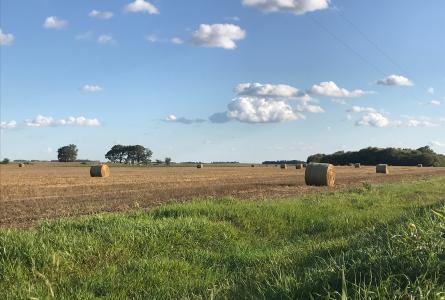
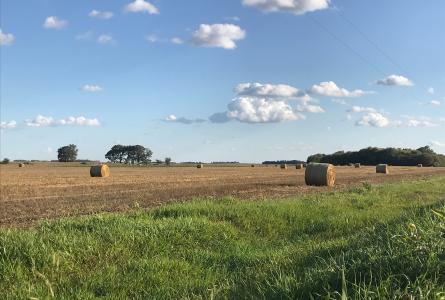
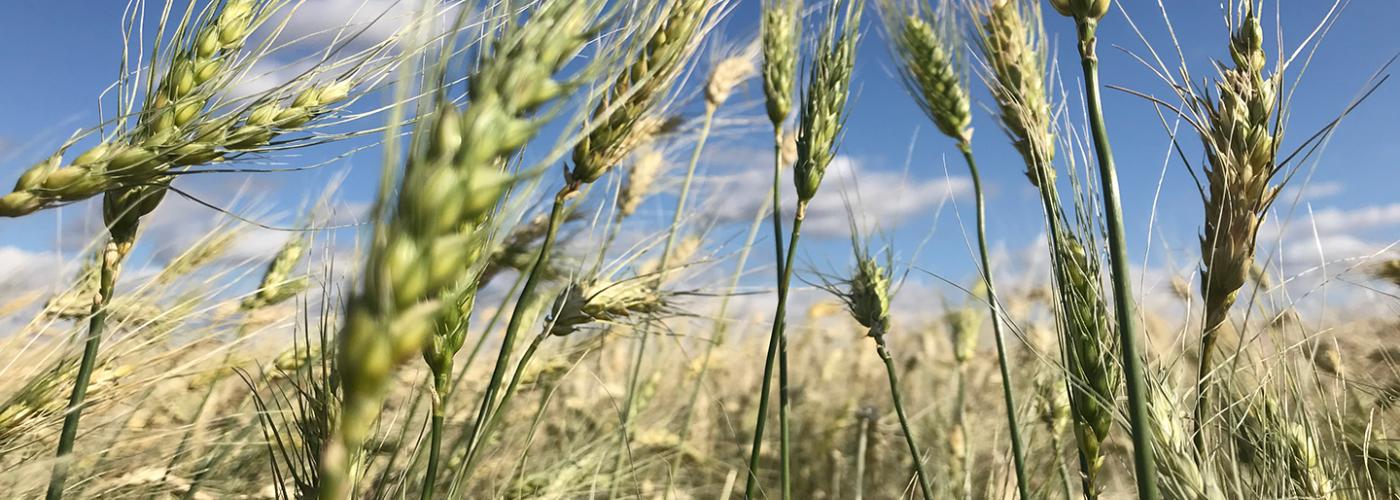
Sign up for our monthly newsletter to stay up to date on the Farm Bill.

